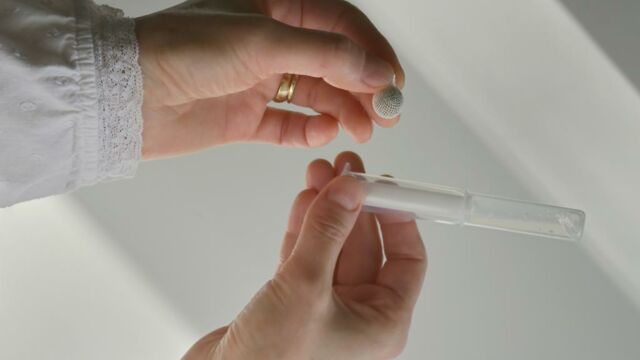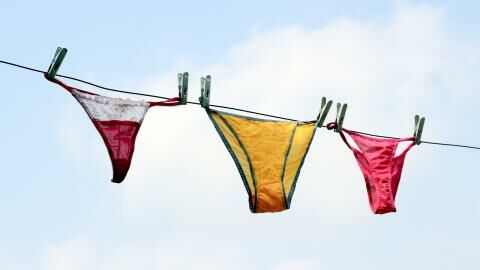The vagina is self-cleaning! This is probably one of the most common piece of education women and people with female reproductive organs receive all the time. In other words, the vagina has its own way of self-cleaning through natural secretions and balancing its own pH levels.
Discover our latest podcast
Nevertheless, there exists thousands of products and practices marketed to women as wellness trends,which have the ability to cleanse, tighten and freshen its smell. FYI, the vagina is not supposed to smell fruity. It should smell like a vagina!
Vaginal detox or yoni pearls make up a significant portion of that market. Here is what you should know about them.
What are yoni pearls?
Yoni (the Sanskrit for vagina which also translates to ‘a sacred space’) pearls are natural herbs that are inserted into the vagina as suppositories to clean and detox it. As one website that makes and sells this product describes it:
They are all natural herbal vaginal suppositories that are spiritually helping women reconnect with themselves, their yoni, and detoxing their exes.
The common ingredients present in these so-called detox products include herbs such as:
- Motherwort
- Rhubarb
- Peach kernel
- Safflower
- Borneol
- Angelica root
They are inserted in the vagina for a period of 24-72 hours, depending on the product.
Are yoni pearls safe to use?
Doctors and health professionals have cause to worry about the safety of this product.
For starters, vaginal detox pearls have not been well researched to determine their efficacy, side effects and possible long term complications.
However, some medical professionals say it could lead to toxic shock syndrome, which is triggered by leaving objects like tampons and menstrual cups in the vagina for a long time.
There are concerns within the medical community over the ‘grayish green’ substances that the vagina discharges after the stipulated period.
In fact, many of these products come with panty liners to ‘collect’ gooey discharges considered to be the residue from detoxification, the purging process—a testament to its efficacy.
Author of The Vagina Bible and ob-gyn, Jennifer Gunter took to Twitter to debunk that theory;
This is a sign of vaginal injury.These products literally damage the vaginal mucosa and microbiome and that is the 'result'—[desquamated] inflamed cells and dead bacteria and mucus. Not good.
Just curious if you’ve heard of this brand? Can you explain what’s scientifically happening in these detoxes? It can’t be safe? https://t.co/djcXmUUpacpic.twitter.com/30ykfSJvXl
— spicy souvlaki (@spicysouvlakii) March 15, 2021
You are advised to follow the rule of thumb when it comes to your health, especially your reproductive organs. Speak to a doctor or specialist about your concerns. Quick fixes may have damaging long term consequences.















